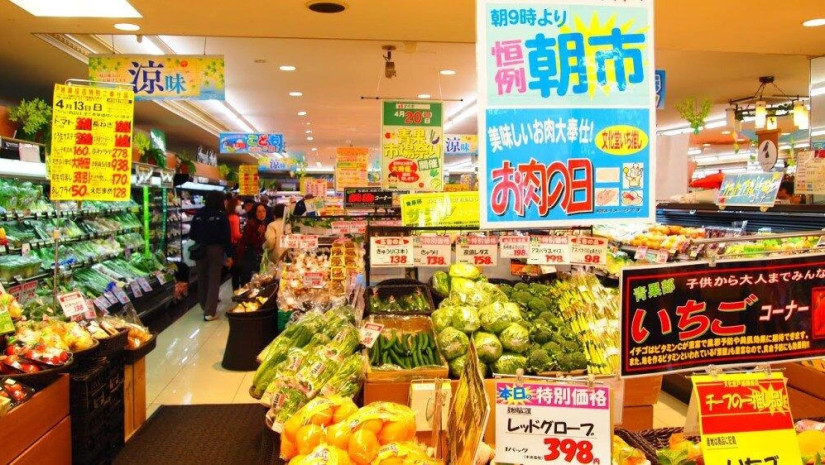The Japanese government on Wednesday drew up a fresh 2 trillion yen ($15 billion) inflation relief package that will give cash to low-income families and reduce liquefied petroleum gas bills, in its latest attempt to mitigate the shock from rising food and energy prices.
Low-income households will receive 30,000 yen ($226) each and another 50,000 per ($376) child will be given to low-income earners with children. The government will tap reserve funds in the state budget for the current fiscal year ending on March 31, whose use requires no additional legislation.
Households that are exempt from paying resident taxes due to low income are eligible to receive the money.
The government has been stepping up its assistance to households bearing the brunt of inflation, which has been accelerating at its fastest pace in four decades. The new package comes just ahead of a series of local elections next month.
"We will allocate 2 trillion yen for the steps, including those to cope with COVID-19," Chief Cabinet Secretary Hirokazu Matsuno told a government meeting in lieu of Prime Minister Fumio Kishida, who was absent due to his visit to Ukraine.
"We will respond with agility (to the situation) depending on changing price and economic developments," the top government spokesman said.
Russia's war in Ukraine sent energy costs surging last year amid supply concerns. The spike in crude oil and other commodity prices, coupled with the yen's sharp drop relative to the U.S. dollar and other currencies, has dealt a blow to Japan, which relies heavily on imports to meet domestic energy needs.
The fresh relief package will also help reduce liquefied petroleum gas charges. Other energy sources have already been targeted such as electricity, petroleum and kerosene. Liquefied petroleum gas is used more widely in rural areas.
The COVID-19 pandemic and rising prices have led to an increase in fiscal spending. The government has been turning to reserve funds whose specific use is for emergency purposes and not scrutinized in advance by parliament.
Quickening inflation has been weighing on consumer sentiment at a time when wage growth has yet to keep pace with it. Kishida has been urging companies to raise pay more aggressively at the annual spring wage negotiations currently under way between management and labor unions, Kyodo News reports.















